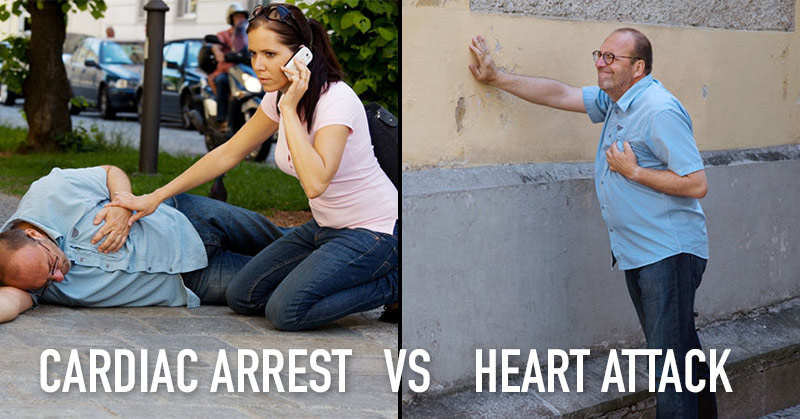Have you ever heard the terms “heart attack” and “cardiac arrest” used interchangeably? Don’t worry, so have we. Surprisingly, this mix-up is a mistake that occurs quite often. Simply talking about these two heart conditions is fine, until a real-life situation demands that you know the differences. It could be a matter of life or death.
Why Do We Get “Heart Attack” and “Cardiac Arrest” Confused?
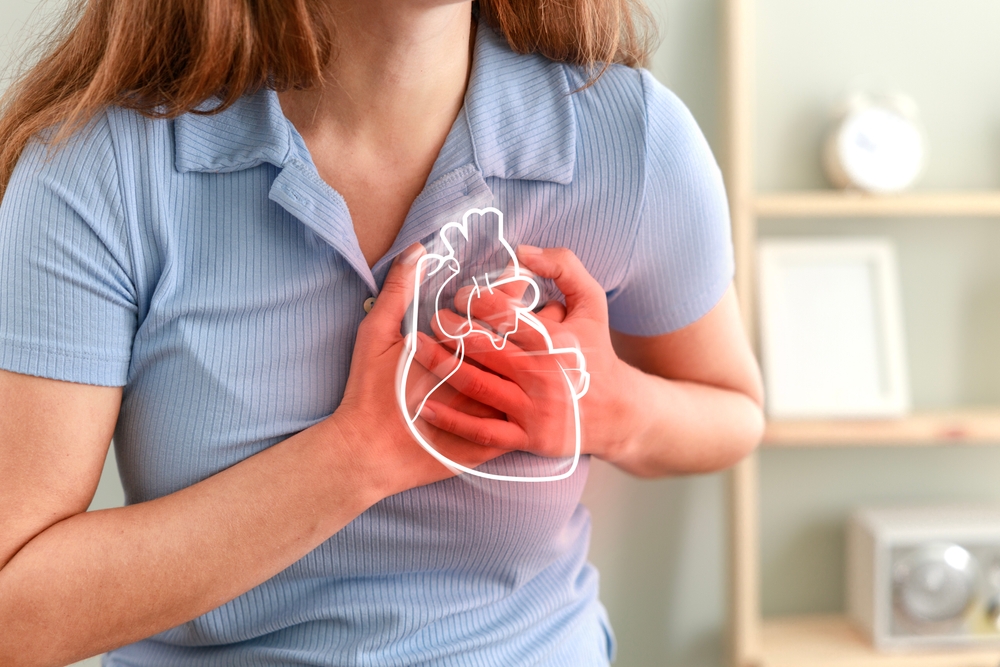
It’s most likely because they’re both related to the heart and share some signs and symptoms. However, they are not synonyms. In a helpful illustration from the Cleveland Clinic, a heart attack is a plumbing problem and cardiac arrest is an electrical problem.[1]
Read More: If You’ve Suffered a Heart Attack, Has Your Doctor Checked On This One Important Thing?
What Is A Heart Attack?
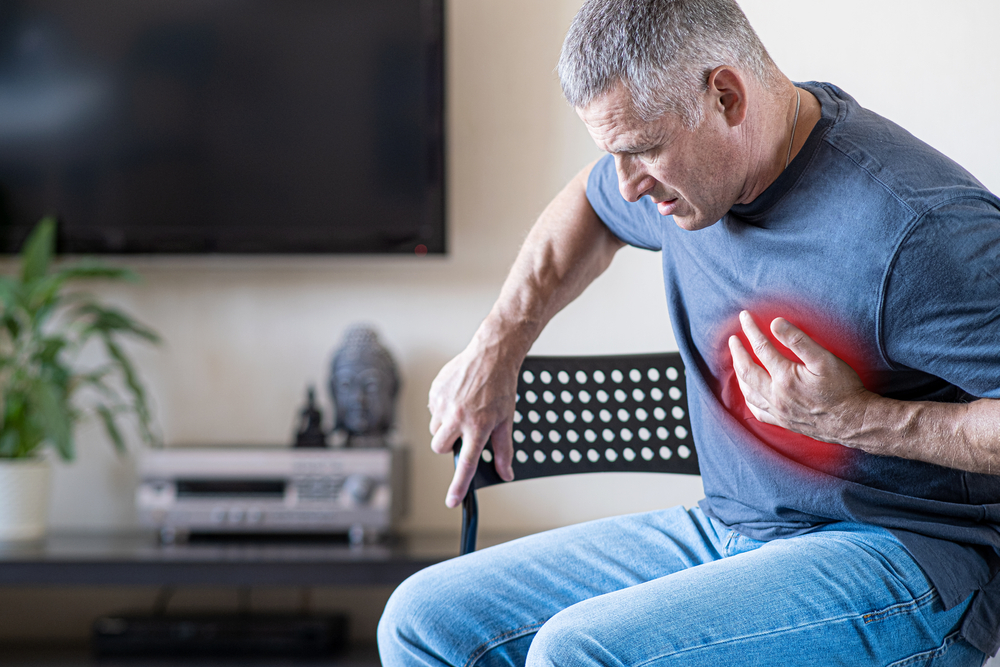
According to the American Heart Association, a heart attack can happen when oxygen-rich blood is unable to reach a section of the heart due to blocked arteries.[2] When this happens, it should priority to reopen the artery because, without fresh-flowing blood, the affected part of the heart begins to die. During a heart attack, although the heart usually continues beating, the longer it goes untreated the more damage it will suffer.
The Most Common Heart Attack Causes
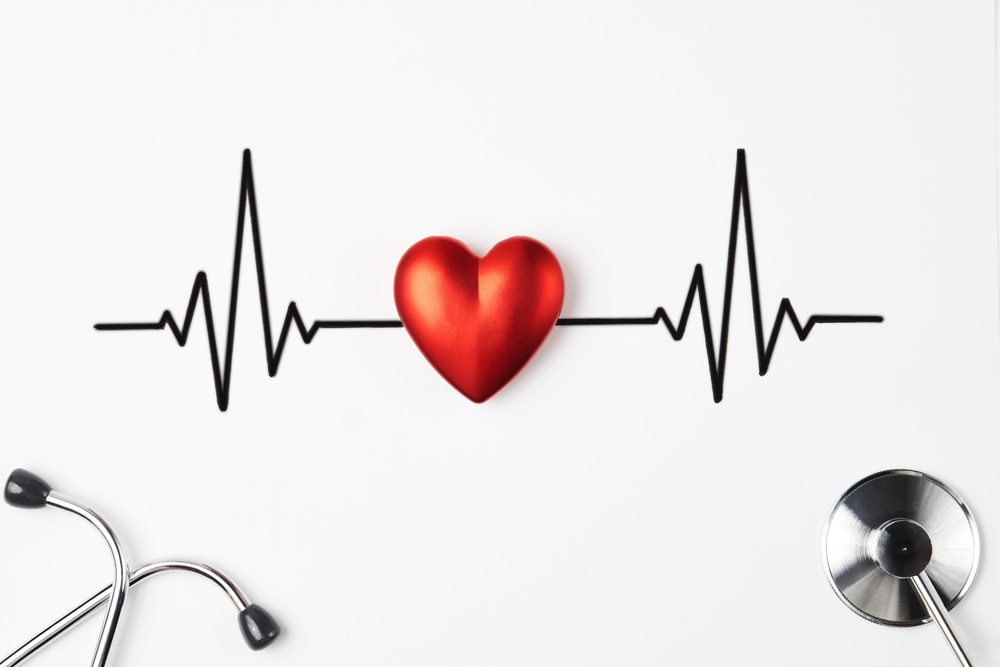
Researchers claim there are nine risk factors that likely account for approximately 90 percent of all heart attacks. They can include:[3]
- Smoking
- Stress
- Abnormal cholesterol
- Obesity (i.e., abdominal)
- Diabetes
- Physical inactivity (i.e., a sedentary lifestyle)
- High blood pressure
- Not consuming enough fruits and vegetables
- Abstaining from alcohol
8 Symptoms and Signs of a Heart Attack
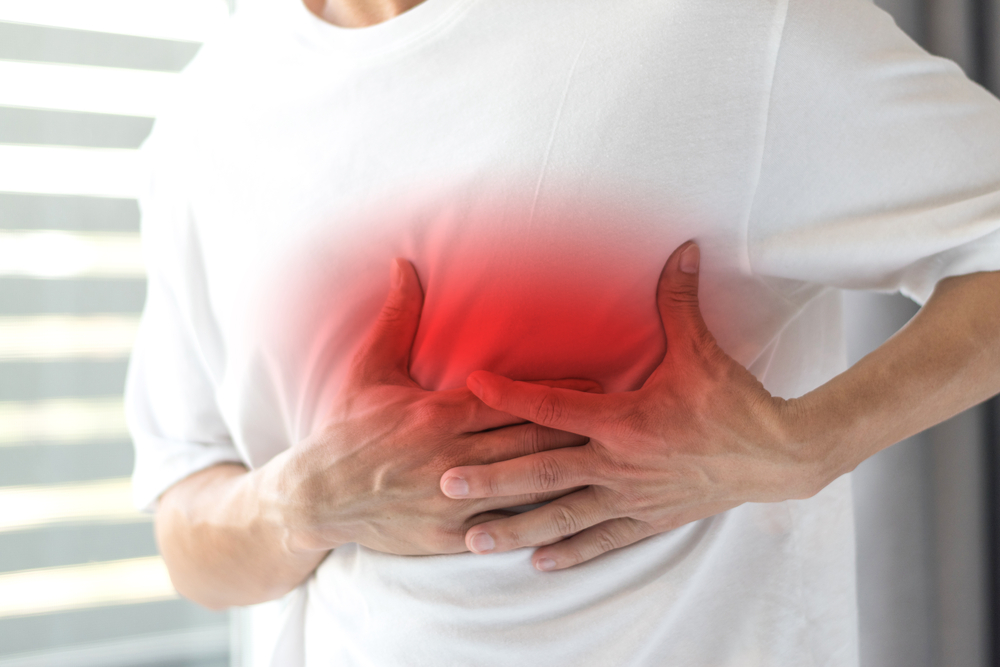
Preventing cardiologist Dr. Haitham Ahmed highlights eight common heart attack signs:[1]
- Pressure or pain in the chest or abdomen
- Chest tightness
- Trouble breathing
- Radiating pain to the jaw or arm
- Dizziness
- Heart palpitations
- Sweating
- Loss of consciousness
How to Treat a Heart Attack
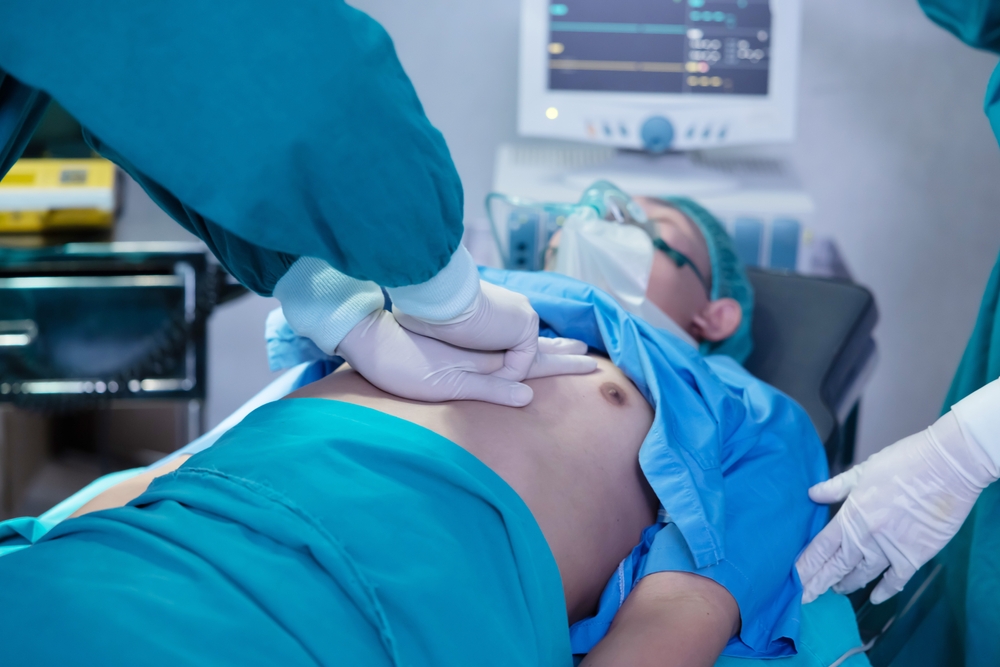
If you or someone you know ever encounters a heart attack, the first thing to do is call 9-1-1 or your emergency response number – even if you’re not sure. Get to the hospital’s emergency room and let them test and diagnose you.[4] Doctors may run electrocardiograms, blood tests, and more to observe your heart and arteries as well as gauge your heart attack risk. You will probably be put on medications such as aspirin, blood thinners, and ACE inhibitors for blood pressure.
How to Prevent a Heart Attack Naturally
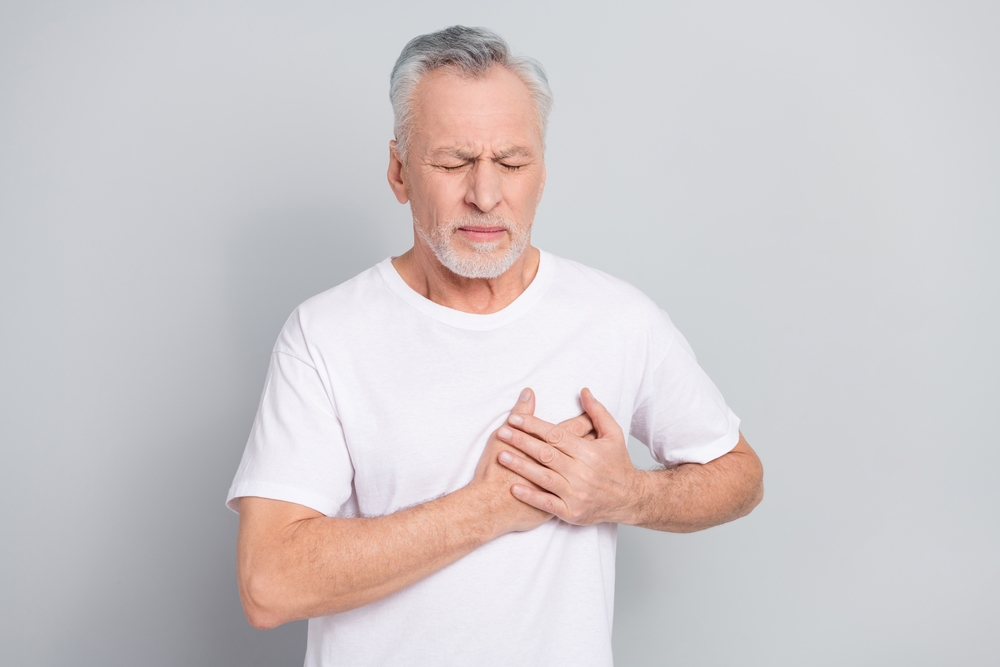
But, for anyone who would like to lower your risk naturally without potentially harmful drugs, try these out:[4]
- Avoid being around smoke
- 80% of Heart Attacks Could Be Avoided If Everyone Did These 5 Easy Things
- Exercise regularly
- 5 Nutrition Tips to Dramatically Lower Your Risk of Heart Attack and Stroke
- Control stress
Read More: Study Suggests These 4 Traits May Increase Early Heart Attack Risk
What Is Cardiac Arrest?
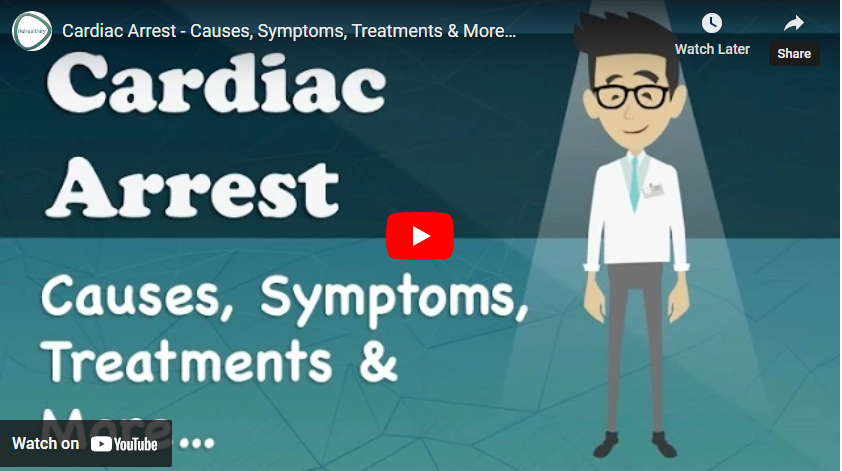
Usually, cardiac arrest will happen suddenly and without warning because there has been an electrical malfunction that causes an irregular heartbeat. This flutter or quiver puts the heart’s pumping pattern off track and stops the blood flow your brain requires to live. As a result, cardiac arrest leads to a rapid drop in blood pressure, collapse of the circulatory system, loss of consciousness, and even death.[1]
The Main Causes of Cardiac Arrest
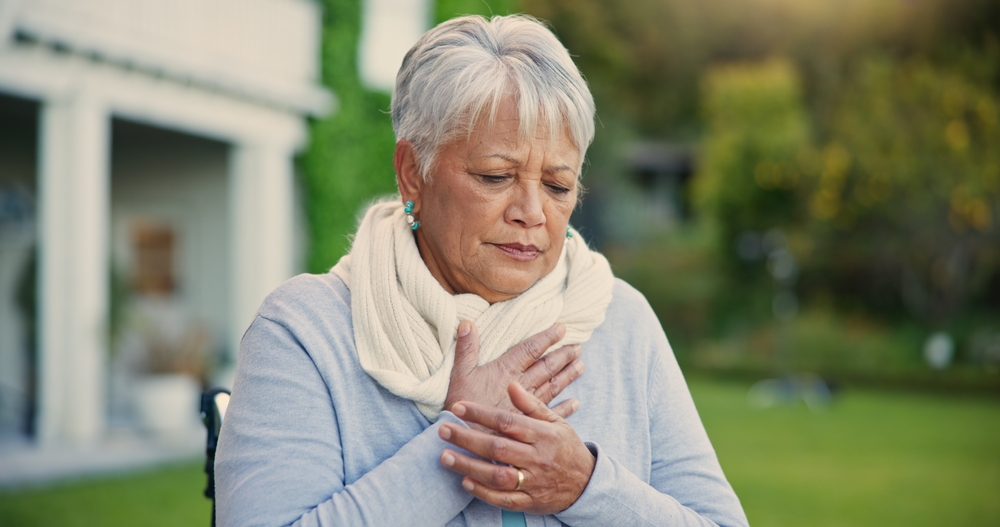
The most immediate cause of cardiac arrest is a heart arrhythmia (i.e., abnormal heart rhythm). While it isn’t clear what causes the heart to flutter in the first place, doctors attribute it to conditions such as:[5]
- Coronary heart disease
- Heart attack (although different, they can trigger cardiac arrest)
- An enlarged, thick, and thus weak heart muscle (i.e., cardiomyopathy)
- Heart birth defects
Most Common Signs and Symptoms of Cardiac Arrest
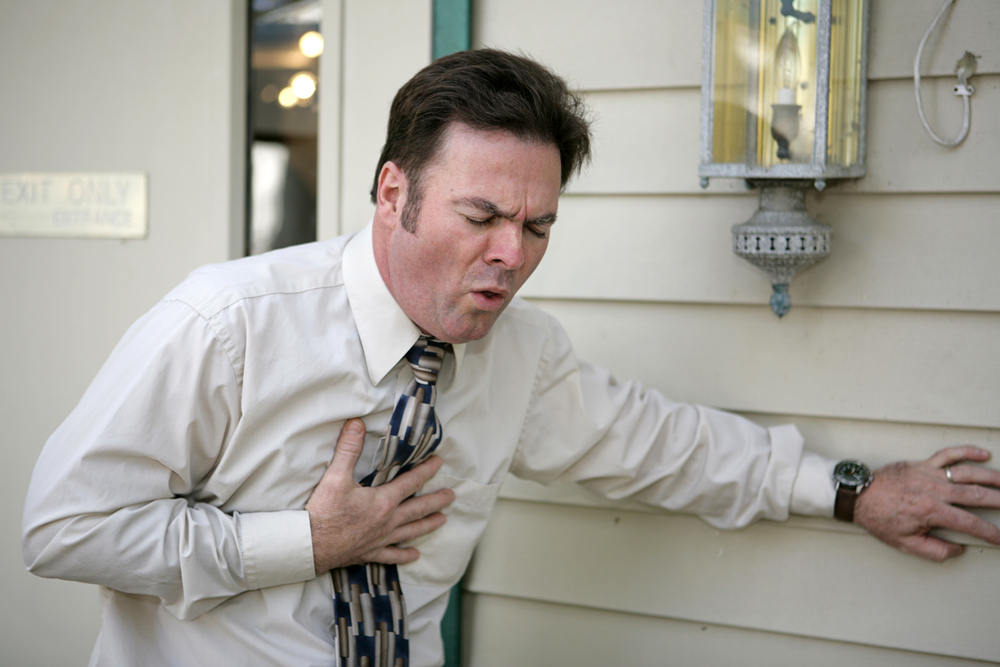
There are not many, but may include:[1]
- Dizziness
- Sudden collapse
- Lack of pulse
- No breathing, blue discoloration of the face
- Loss of consciousness
“Some people experiencing cardiac arrest may feel their heart racing or they may feel dizzy,” according to Dr. Ahmed. “However, more than half of those who undergo cardiac arrest experience no symptoms.”
How to Treat Cardiac Arrest
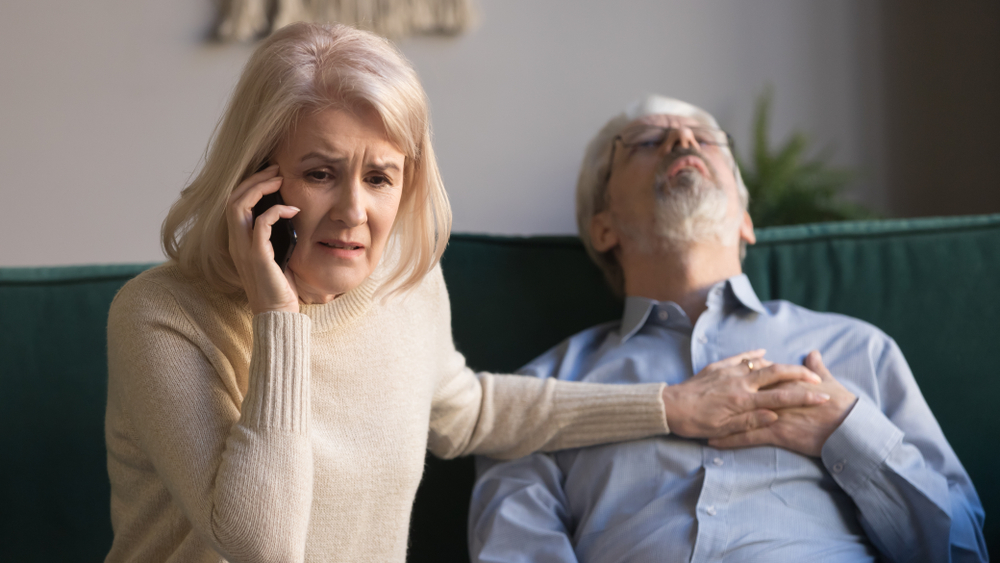
When someone suffers from cardiac arrest, time is of the essence. Without immediate treatment, death can occur within minutes. Again, call 9-1-1 for emergency medical services and then begin CPR. Starting compression right as fast as possible can help increase someone’s chance of recovering from cardiac arrest greatly. If there are other people present, one of you should go look for an automated external defibrillator (AED). Remember, as hard as it will be to do so, stay calm.[2]

Sources
- [1] Team, H. A. (2016, September 27). Heart Attack vs. Cardiac Arrest: Why They’re Not the Same. Retrieved March 06, 2018, from https://health.clevelandclinic.org/heart-attack-vs-cardiac-arrest-theyre-not/
- [2] Heart Attack or Sudden Cardiac Arrest: How Are They Different? (n.d.). Retrieved March 06, 2018, from https://www.heart.org/HEARTORG/Conditions/HeartAttack/AboutHeartAttacks/Heart-Attack-or-Sudden-Cardiac-Arrest-How-Are-They-Different_UCM_440804_Article.jsp#.Wp7p6-jwbIW
- [3] Peck, P. (n.d.). Cause of Most Heart Attacks Found. Retrieved March 06, 2018, from https://www.webmd.com/heart-disease/news/20040830/cause-of-most-heart-attacks-found#1
- [4] Heart attack. (2017, July 29). Retrieved March 06, 2018, from https://www.mayoclinic.org/diseases-conditions/heart-attack/diagnosis-treatment/drc-20373112
- [5] Sudden Cardiac Arrest: Why It Happens. (n.d.). Retrieved March 06, 2018, from https://www.webmd.com/heart-disease/heart-failure/features/sudden-cardiac-arrest-why#1
